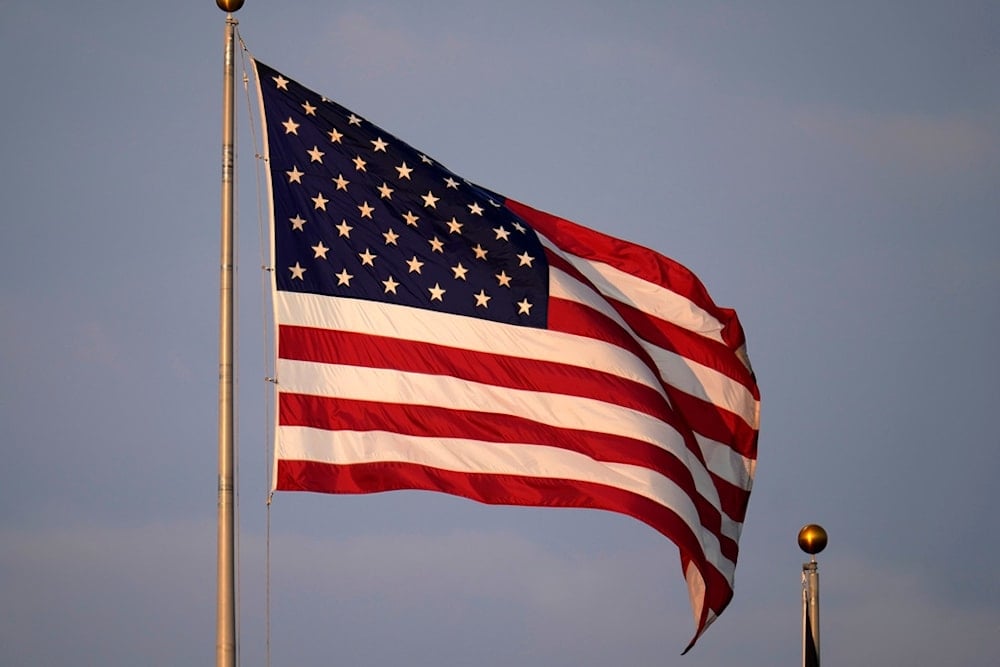US fines company $5.8Mln over alleged exports breach to China military
The BIS investigation found that TE, through its China-based business units and distributors, violated the Export Administration Regulations (EAR) on 79 occasions between December 2015 and October 2019.
-

An American flag flies over PNC Park during a baseball game between the Pittsburgh Pirates and the New York Mets in Pittsburgh, Friday, June 9, 2023 (AP Photo/Gene J. Puskar)
The US government has levied a $5.8 million fine against a Pennsylvania-based company and its Hong Kong subsidiary for exporting low-level items to entities associated with China's military programs, the Bureau of Industry and Security (BIS) announced on Thursday.
"Today, as part of a settlement agreement to resolve alleged violations of US export controls, the Department of Commerce’s Bureau of Industry and Security (BIS) imposed a $5.8 million civil penalty against TE Connectivity Corporation (TE), located in Middletown, Pennsylvania, and TE Connectivity HK Limited, located in Kwai Chung, New Territories, Hong Kong, for shipments of low-level items to parties tied to the People’s Republic of China’s (PRC) hypersonics, unmanned aerial vehicles (UAV), and military electronics programs," the statement said.
The government claims that the company shipped items such as wires, printed circuit board connectors, and pressure and temperature scanners to entities that were previously listed on the BIS Entity List for their role in supporting China's military modernization in areas like hypersonics, drones, and electronics, according to the statement.
"BIS's investigation determined that TE, through the actions of its China-based business units and distributors, from December 2015 through October 2019, violated the EAR [Export Administration Regulations] on 79 occasions by exporting $1.74 million worth of EAR99 items to Chinese parties on the BIS Entity List and/or by exporting EAR99 items for restricted UAV end uses without the requisite license or other authorization from BIS," the statement added.
TE voluntarily disclosed its conduct to BIS, cooperated fully with the investigation, and took corrective actions to prevent future violations, the statement notes.
Read more: China suspends arms control talks with US over arming Taiwan
Several instances of similar export control violations have allegedly occurred in recent years.
One notable example is the case involving 3D Systems Corp., which was fined $2.77 million by the Bureau of Industry and Security (BIS) in 2023.
The violations involved exporting controlled aerospace technology and metal alloy powder to China without the required licenses, as well as sending controlled technology to Germany.
Another significant case involved Seagate Technology LLC, which faced a $300 million penalty related to the illegal export of hard drives to Huawei in violation of U.S. export controls.
This settlement, announced in 2023, was one of the largest penalties ever imposed for such violations and was part of a broader effort by US authorities to restrict the transfer of advanced technology to entities considered a national security risk.
The US has identified China as a strategic threat in various ways over the years, but a key turning point occurred in 2018 when the US National Defense Strategy, released by the Department of Defense under the Trump administration, explicitly named China as a primary strategic competitor.
The document stated that China's military modernization and its alleged efforts to undermine the international order as significant challenges to US interests and global stability.
Read more: China blasts US, Japan: Stop inventing imaginary enemies

 3 Min Read
3 Min Read








